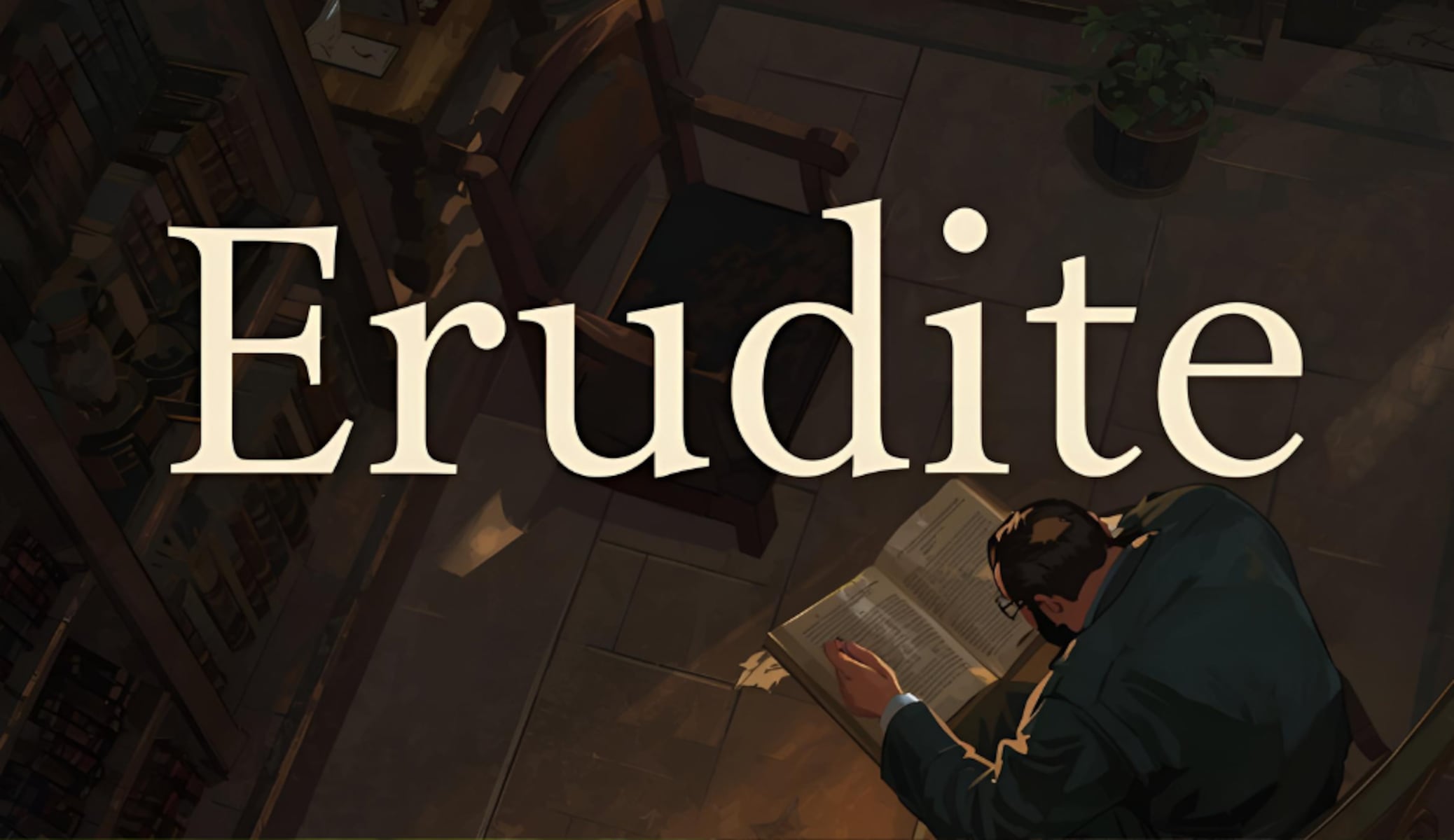The word “erudite” is gaining attention for its sophisticated sound and meaning. Often used to describe individuals with extensive knowledge, this adjective carries a certain weight that can elevate conversations. Understanding its definition, origin, and usage can enrich one’s vocabulary and communication skills.
Defining ‘Erudite’
At its core, “erudite” refers to someone who possesses or demonstrates great knowledge or learning. It is pronounced /EH-ruh-dite/, making it accessible for everyday use. Incorporating this term into discussions can convey a sense of intellectual depth.
For instance, one might say, “The professor’s erudite lectures drew students from every department.” This usage not only highlights the professor’s expertise but also adds a layer of sophistication to the statement. Similarly, one could remark, “The author’s erudite prose can be challenging but deeply rewarding,” emphasizing the complexity and richness of the writer’s work.
The Origins and Cultural Significance
The term “erudite” traces its roots back to the Latin word “eruditus,” which is the past participle of “erudire,” meaning “to instruct,” as noted by Merriam-Webster. The literal translation from Latin is “to bring out the rough,” illustrating the transformative power of education. This word first entered the English language in the 15th century, showcasing its long-standing significance in academic and intellectual discourse.
One notable cultural reference comes from the 1995 film “The American President,” where a character humorously comments on the president’s eloquence, stating, “Yeah – he’s got the members of the press corps asking each other how to spell ‘erudite.’” This illustrates how the term can enter popular conversation, often used to highlight a person’s impressive knowledge or articulate speech.
As society continues to value education and expertise, integrating words like “erudite” into everyday language can enhance communication and convey respect for knowledge.
For those looking to expand their vocabulary, exploring words such as “intransigent,” “alacrity,” and “pulchritude” can offer additional depth and nuance. Each of these terms brings its own unique flavor to discussions, inviting richer dialogue and understanding.
In conclusion, embracing the word “erudite” and its implications offers an opportunity to elevate conversations and express admiration for knowledge. By understanding its definition, origin, and usage, individuals can communicate with greater impact and sophistication.







